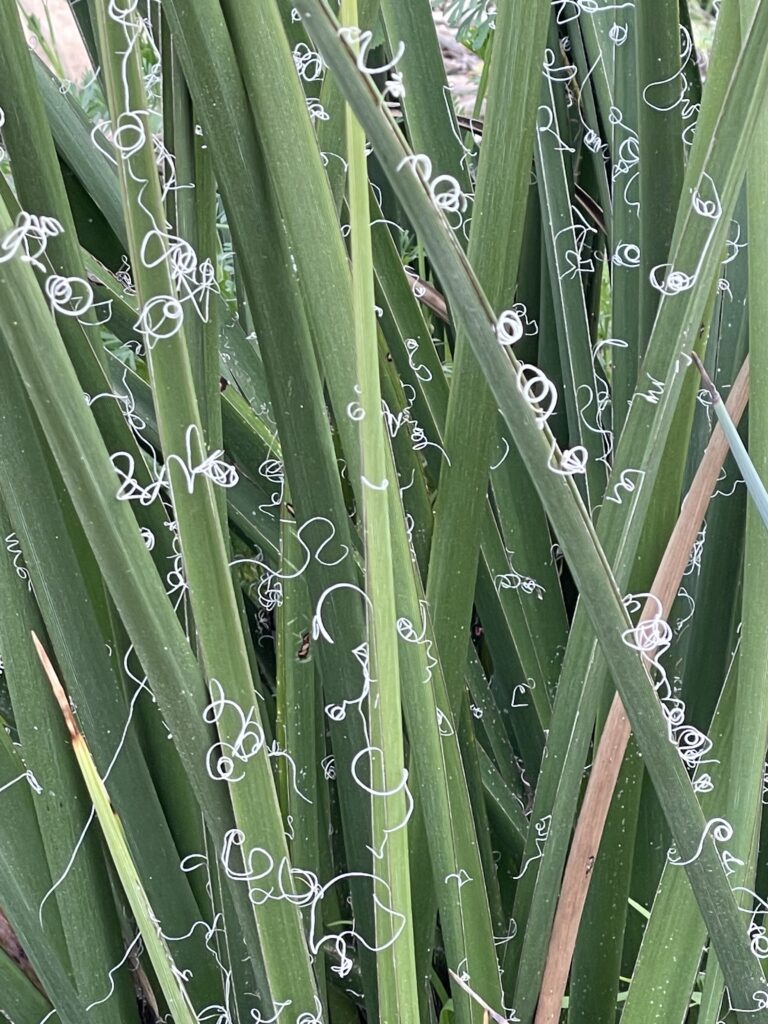Land Acknowledgment
Let this page serve as a reminder that the land we live on is not just a commodity, but it is sacred and has been cared for by Indigenous people for thousands of years. We acknowledge the traditional custodians of this land and their continuing relationship with it, and we honor their contributions to our society. It is our responsibility to recognize the past and present injustices inflicted upon Indigenous people and take steps towards reconciliation. On this page, we provide resources and links to Indigenous organizations that work to protect the environment, preserve cultural heritage, and promote social justice.
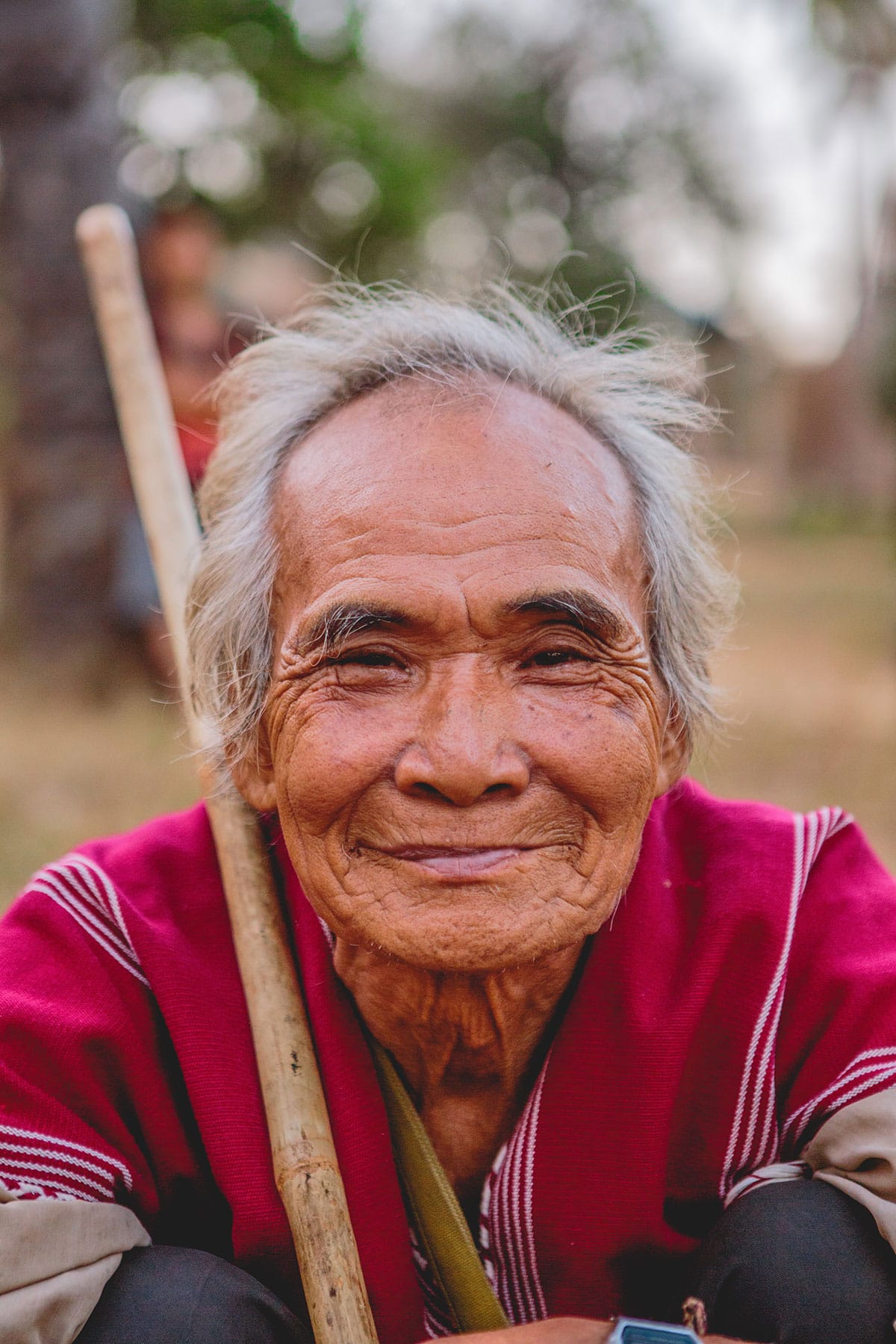
We acknowledge that we live and work on the ancestral land of the Tongva people, located in Southern California. The Tongva people have lived on this land for thousands of years and have a deep connection to its waters, mountains, and flora and fauna. We recognize that the Tongva people have never ceded, lost, or forgotten their sacred ties to this land and continue to steward it today. We honor their resilience, culture, and traditions, and express gratitude for the opportunity to live, work, and play on this land. May we continue to learn from and support the Tongva people and their ongoing efforts to preserve their culture and land.
Our connection to the land
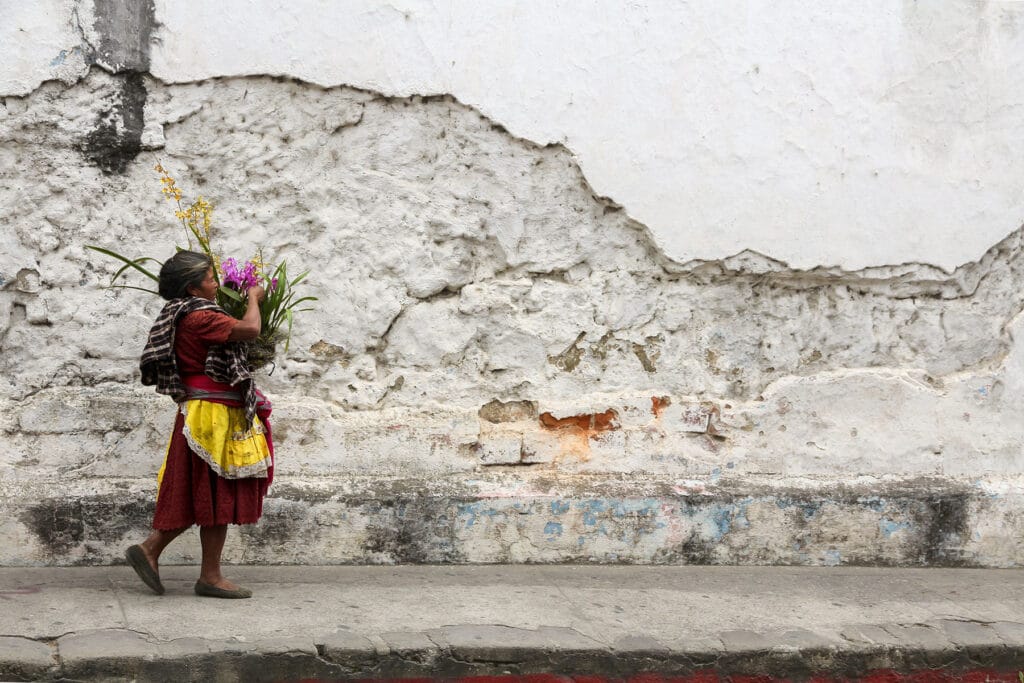
Collectively referred to as the Gabrielino-Tongva people, the indigenous groups of Los Angeles have a rich culture and language and were skilled hunters, gatherers, and artisans. They were also deeply connected to their environment and practiced sustainable land management techniques to ensure the health and productivity of the land.
The Gabrielino-Tongva people traditionally inhabited the Los Angeles Basin and surrounding areas. While the Tongva people were the primary indigenous group in the the Los Angeles basin, other indigenous groups have also inhabited the region throughout history, such as the Chumash people, who traditionally inhabited coastal areas north of Los Angeles County, and the Acjachemen people (also known as the Juaneño Band of Mission Indians) inhabited areas further south.
We recognize that the Tongva people have never ceded, lost, or forgotten their sacred ties to this land and continue to steward it today. We honor their resilience, culture, and traditions, and express gratitude for the opportunity to live, work, and play on this land. We also acknowledge the ongoing trauma and impacts of colonization, and the importance of supporting and uplifting the voices and sovereignty of indigenous communities.
As we continue to learn from and work with the land, we are committed to practicing humility, respect, and reciprocity, and to cultivating relationships of mutual benefit and healing. We strive to honor the land and its original inhabitants through our work and actions, and to contribute to a more just and equitable world for all.

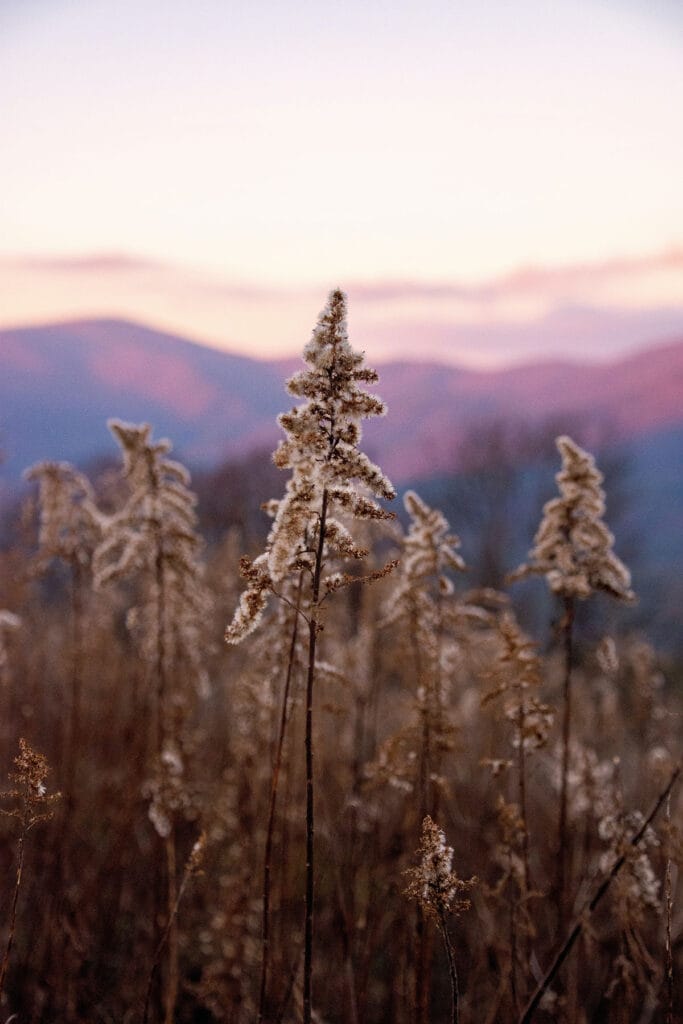
"The teachings are for all, not just for Indians... The white people never wanted to learn before. They thought we were savages. But now they have a different understanding, and they do want to learn. We are all children of God. The tradition is open to anyone who wants to learn."
- Don Jose Matusuwa (Huichol)
We would like to acknowledge that the land on which we forage and wildcraft for our herbal ritual kits is the traditional and ancestral territory of the Tongva people, who have lived on and stewarded this land for thousands of years. We pay our respects to their elders, past and present, and honor their continuing relationship with the land. We also recognize that the Tongva people continue to face challenges in their ongoing struggle for recognition and sovereignty.
As we engage in the practice of foraging and wildcrafting on this land, we do so with respect for the natural world and a commitment to sustainable practices. We are grateful for the opportunity to learn from the land and its resources, and we strive to act as responsible stewards of this beautiful and complex ecosystem. We acknowledge that this is an ongoing process, and we remain committed to listening and learning from the land and its original caretakers.
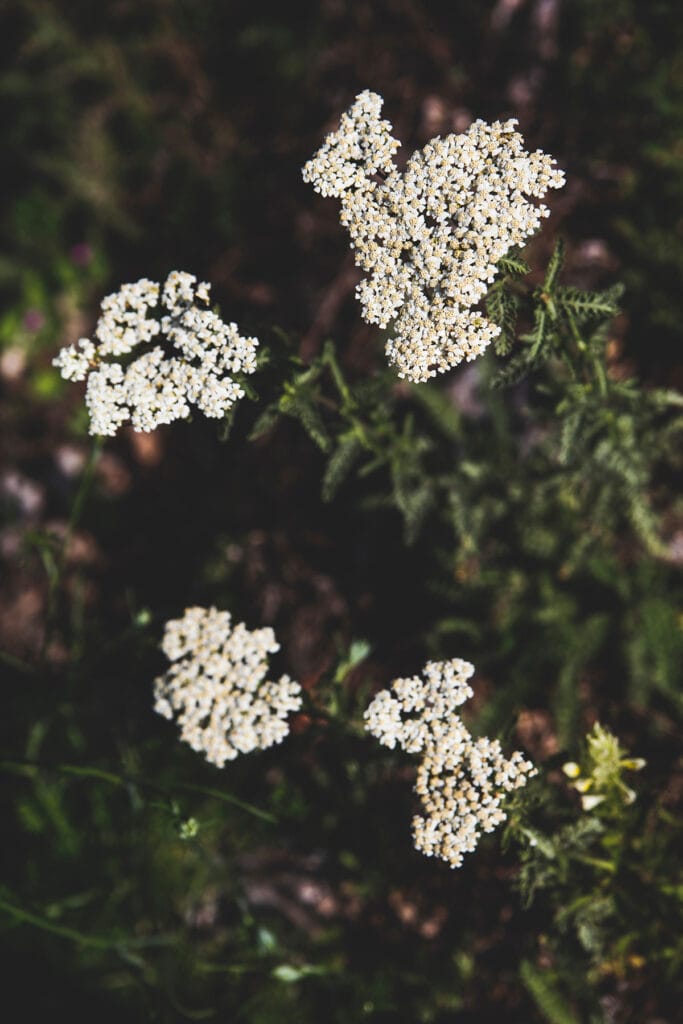
Support Indigenous Communities
We believe in the importance of acknowledging the Indigenous communities whose land we live on and forage from. We encourage you to learn more about the history and culture of the Tongva and Chumash people, who are the original caretakers of the Los Angeles area.
We also believe in supporting Indigenous-led organizations and initiatives that are working towards justice and equity for Native communities. We invite you to explore the following links and consider making a donation to support their vital work.
We also encourage you to research and support other Indigenous-led organizations and initiatives in your own community. By working together, we can create a more just and equitable world for all.
Tongva Nation of the Greater Los Angeles Basin
Learn more about the history and culture of the Tongva people and their ongoing efforts to reclaim and protect their land and traditions.
The Tongva Nation is a sovereign indigenous nation that has been living in Southern California for thousands of years. Their mission is to protect and preserve their cultural heritage, promote the well-being of their community, and advocate for the rights of their people.
Chumash Maritime Association of the Central California Coastline
The Chumash Maritime Association is a Chumash-led nonprofit organization that is dedicated to preserving Chumash culture, protecting the environment, and promoting social justice. The association works to revitalize traditional Chumash maritime practices and educates the public about the cultural and ecological significance of the Chumash people. Through their work, the Chumash Maritime Association strives to promote environmental conservation and sustainable living practices, as well as to advocate for social justice and the recognition of Indigenous rights.
California Indian Museum and Cultural Center
The California Indian Museum and Cultural Center (CIMCC) is a nonprofit organization located in Santa Rosa, California. Their mission is to preserve, protect, and promote California Indian cultural heritage and diversity through their exhibits, educational programs, and cultural events. CIMCC is dedicated to providing a space for California Indian people to tell their stories and showcase their art, music, and traditional practices. Through their work, CIMCC aims to raise awareness about the ongoing contributions and resilience of California Indian communities.
California Indian Museum and Cultural Center: https://www.cimcc.org/
Gabrieleño Band of Mission Indians
The Gabrieleño Band of Mission Indians is a state-recognized tribe of Tongva people. Their mission is to preserve and protect their cultural heritage, educate the public about their history and traditions, and promote the well-being of their community.
Fernandeño Tataviam Band of Mission Indians historic tribe of Northern Los Angeles
The Fernandeño Tataviam Band of Mission Indians is a state-recognized tribe of Tataviam people. Their mission is to preserve and promote their cultural heritage, protect their natural resources, and improve the well-being of their community.
Wishtoyo Foundation
The Wishtoyo Foundation is a nonprofit organization dedicated to preserving and protecting Chumash culture, as well as the environment and natural resources of the Southern California coastal region. Their mission is to promote sustainable living practices, restore traditional ecological knowledge, and foster intercultural understanding and collaboration. Through a variety of programs, including cultural education, ecological restoration, and community engagement, the Wishtoyo Foundation works to empower indigenous youth and communities to take action for the benefit of future generations.
Wishtoyo Foundation: https://www.wishtoyo.org/
The Cultural Conservancy based in the San Francisco Bay Area
The Cultural Conservancy is a non-profit organization that works to protect indigenous lands, languages, and cultures around the world. Their mission is to promote indigenous self-determination, cultural revitalization, and environmental sustainability.
The Cultural Conservancy: http://www.nativeland.org/
The Indigenous Environmental Network
The Indigenous Environmental Network is a non-profit organization that advocates for environmental justice and the rights of indigenous peoples. Their mission is to protect sacred lands and natural resources, promote sustainable development, and strengthen indigenous communities.
The Indigenous Environmental Network: https://www.ienearth.org/
Native American Land Conservancy
The Native American Land Conservancy is a non-profit organization that works to protect and restore indigenous lands in Southern California. Their mission is to promote indigenous sovereignty, protect cultural resources, and improve the well-being of indigenous communities.
Native American Land Conservancy: https://www.nativeamericanland.org/
Sacred Places Institute for Indigenous Peoples
The Sacred Places Institute for Indigenous Peoples is a non-profit organization that works to protect and restore indigenous sacred sites. Their mission is to promote indigenous sovereignty, protect sacred lands, and revitalize indigenous cultures.
Sacred Places Institute for Indigenous Peoples: Instagram page with linktree
American Indian College Fund
The American Indian College Fund is a non-profit organization that provides scholarships and other support to Native American students attending tribal colleges and universities. Their mission is to improve access to higher education for Native American students and promote tribal self-determination.
American Indian College Fund: https://collegefund.org/
Native American Rights Fund
he Native American Rights Fund is a non-profit organization that provides legal assistance to Native American tribes and organizations. Their mission is to protect tribal sovereignty, promote indigenous rights, and preserve indigenous cultures and lands.
Native American Rights Fund: https://www.narf.org/
What is a Land Acknowledgement?
Understanding the Meaning and Significance of Land Acknowledgements
A land acknowledgement is a formal statement recognizing and honoring the Indigenous Peoples and their traditional territories on which an event or activity takes place, or on which a building or institution is situated. It is an act of reconciliation, education, and respect, and acknowledges the ongoing relationship and responsibilities between Indigenous Peoples and the land. It is a way to raise awareness of the history and continued presence of Indigenous Peoples, and to encourage non-Indigenous people to take action to support Indigenous Peoples and their rights.
Why is it important to acknowledge the land?
Building relationships, Promoting reconciliation, and Social justice through land acknowledgement
Acknowledging the land and its original inhabitants is important for several reasons. Firstly, it recognizes and respects the historical and ongoing relationship between Indigenous peoples and their land, and highlights the impact of colonization and displacement on Indigenous communities. Secondly, it can serve as a reminder of the ongoing responsibility to work towards reconciliation and to support Indigenous peoples in their efforts to protect their land, culture, and sovereignty. Thirdly, it can encourage a deeper understanding of the land and its history, and foster a sense of connection and accountability to the local community and environment. Overall, land acknowledgement is an important step towards recognizing and addressing the ongoing legacies of colonialism and promoting a more just and equitable future.
Find the Native Lands You Live On
To find the Indigenous lands you reside on, we recommend using the interactive map on Native Land Digital’s website. The map shows the traditional territories, languages, and treaties of Indigenous peoples across Turtle Island (North America). By using this map, we hope to promote greater awareness and understanding of the rich and diverse cultures of Indigenous peoples and their ongoing struggles for justice and sovereignty.
